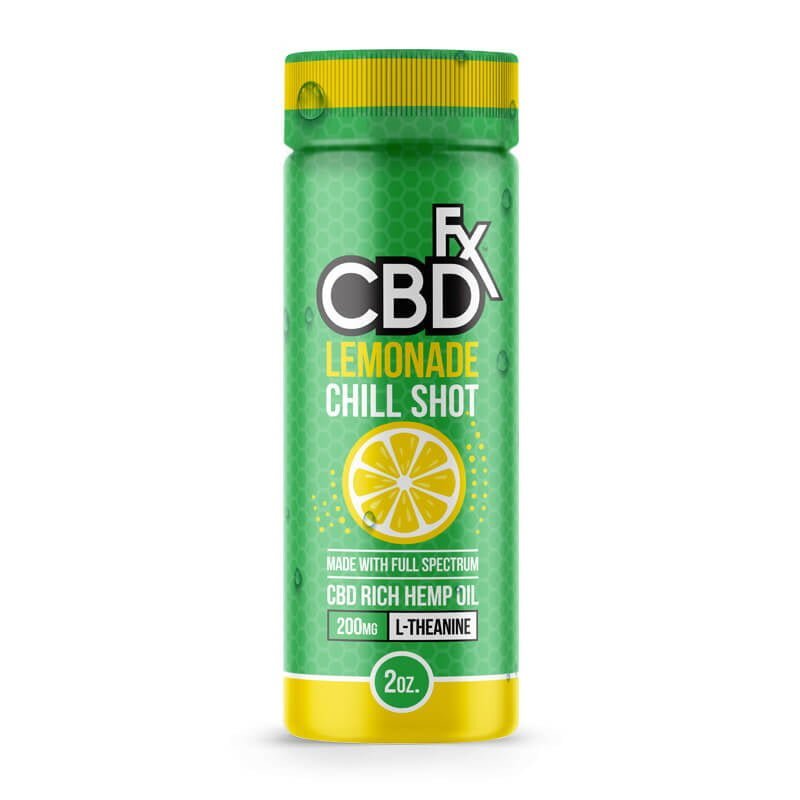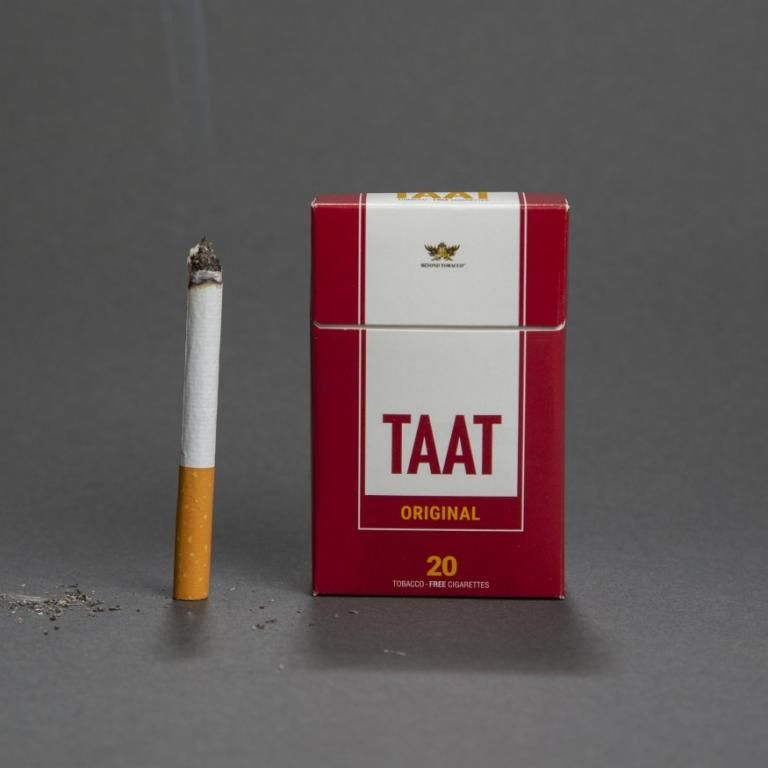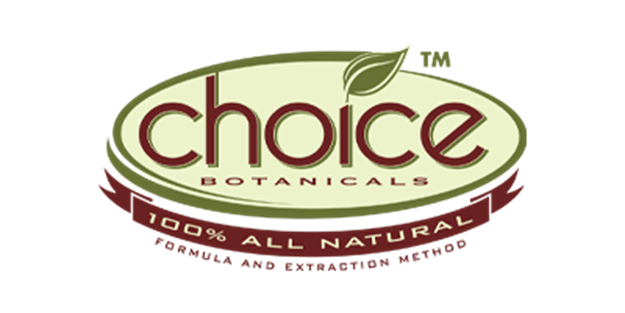What Is Delta-8-Tetrahydrocannabinol?
Delta-8 THC is one of more than 100 cannabinoids found in cannabis plants, but it’s not present at significant levels. Therefore, concentrated amounts of delta-8 THC are typically manufactured from hemp-derived CBD, according to the Food and Drug Administration (FDA).
Delta-8 THC is a psychoactive substance that is known to be less potent but chemically similar to delta-9 THC, the compound often referred to as THC that results in an intoxicating “high.” Delta-8 THC may provide much of the experiential benefits of delta-9 THC, such as relaxation, euphoria, and pain relief, with fewer adverse effects,

How Does Delta-8 THC Compare to Delta-9 THC and CBD?
Delta-8 THC is a psychoactive and intoxicating cannabinoid that is synthetically produced as a byproduct of CBD or delta-9 THC. Delta-8 THC is a psychoactive and intoxicating cannabinoid that is synthesized from CBD or delta-9 THC as a byproduct. When compared to delta-9 THC, consumption produces a milder “high” with less anxiety.
The most abundant cannabinoid found in cannabis is delta-9 THC, which is the main active compound that makes you “high.” It is been linked to feelings of euphoria as well as a slew of negative side effects like panic attacks and impaired mental function. Although Delta-9 THC is not legal in the United States, state laws regarding recreational and medicinal use vary.
CBD may have some of the same benefits as delta-8 and delta-9 THC but without the “high.” Chronic pain relief, anxiety relief, and depression relief are just a few of the potential benefits.
The endocannabinoid system interacts with all cannabinoids, including delta-8 THC, delta-9 THC, and CBD. The endocannabinoid system, which is a part of the nervous system, aids in the regulation of many important functions such as inflammation and pain. The active constituents of cannabis Sativa bind to endocannabinoid receptors, which are found in the cardiac, gastrointestinal, brain, muscular, and reproductive systems.
Potential Risks and Side Effects of Delta-8 THC
The process of synthetically manufacturing delta-8 THC involves converting CBD from hemp with chemicals, such as organic solvents and strong acids, that may be harmful to our health. These products are not regulated, and there are no research studies available to show their long-term impacts on health.
In many studies and researches that have been conducted, researchers noted side effects of Delta 8 including:
- Difficulty concentrating
- Difficulties with short-term memory
- Altered sense of time
- Anxiety and paranoia
The FDA is seeing an increase in adverse events related to delta-8 THC consumption, citing 104 reports between December 2020 and February 2022. The nature of these events included hallucinations, vomiting and loss of consciousness, among others.
Which CBD Product should I choose and why?
Because there are so many CBD brands out there, settling for the one that sells the best CBD products, like Delta 8 gummies can be a difficult task, especially for someone new to the industry, but with CBDfx CBD product, you’re assured of getting values for your money
CBDfx uses only organic CBD, extracted with clean CO2, and accompanied by a third-party lab report for every product.

Is Delta 8 THC Legal?
The legality of delta-8 THC still resides in a gray area. Cannabis is illegal on a federal level due to its delta-9 THC content, as stated by the Federal Controlled Substance Act, yet each state follows its laws regarding medical and recreational use. CBD extracted from hemp is legal federally, but it isn’t legal if extracted from cannabis.
While delta-8 THC products have not been classified as illegal at the federal level, the manufacturing of delta-8 THC likely violates federal law, according to the National Drug Court Institute. Furthermore, in some states where recreational cannabis is legal, such as Colorado, delta-8 THC products have been explicitly banned.




